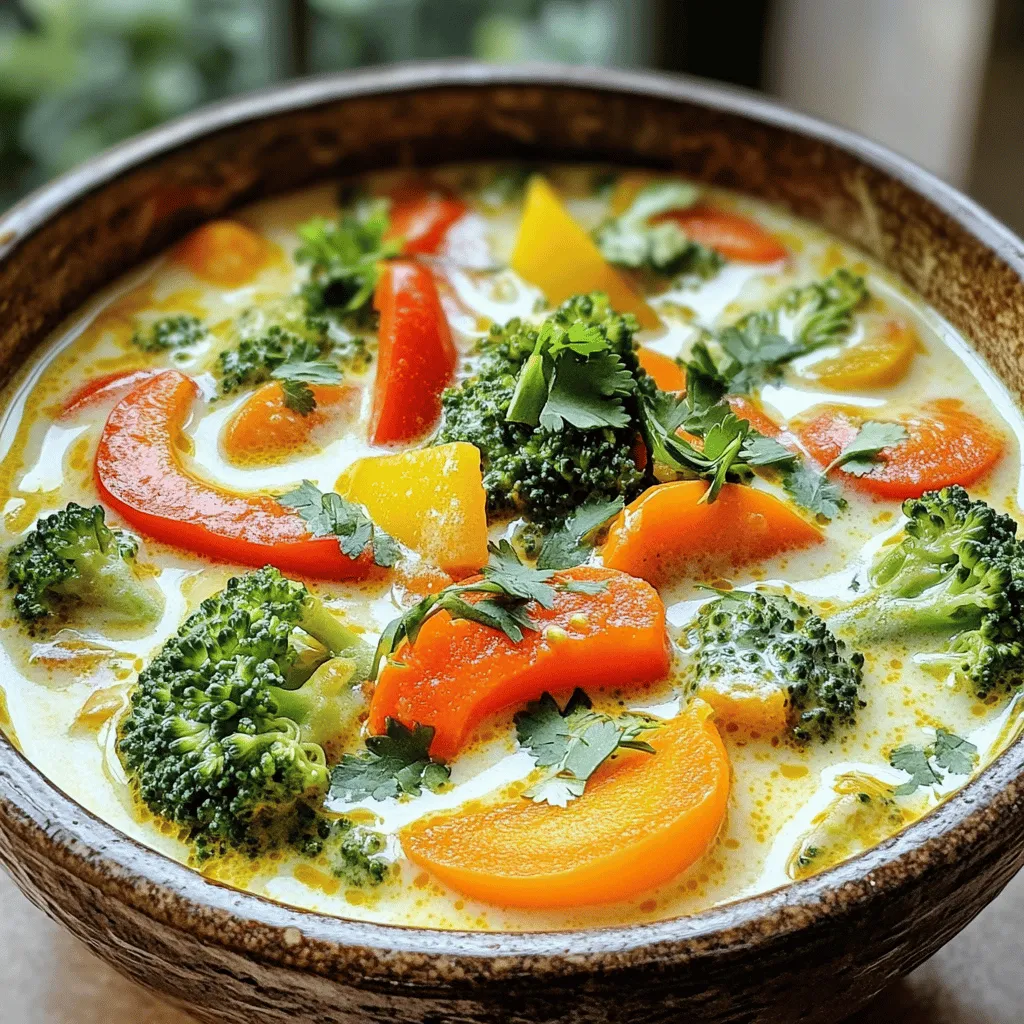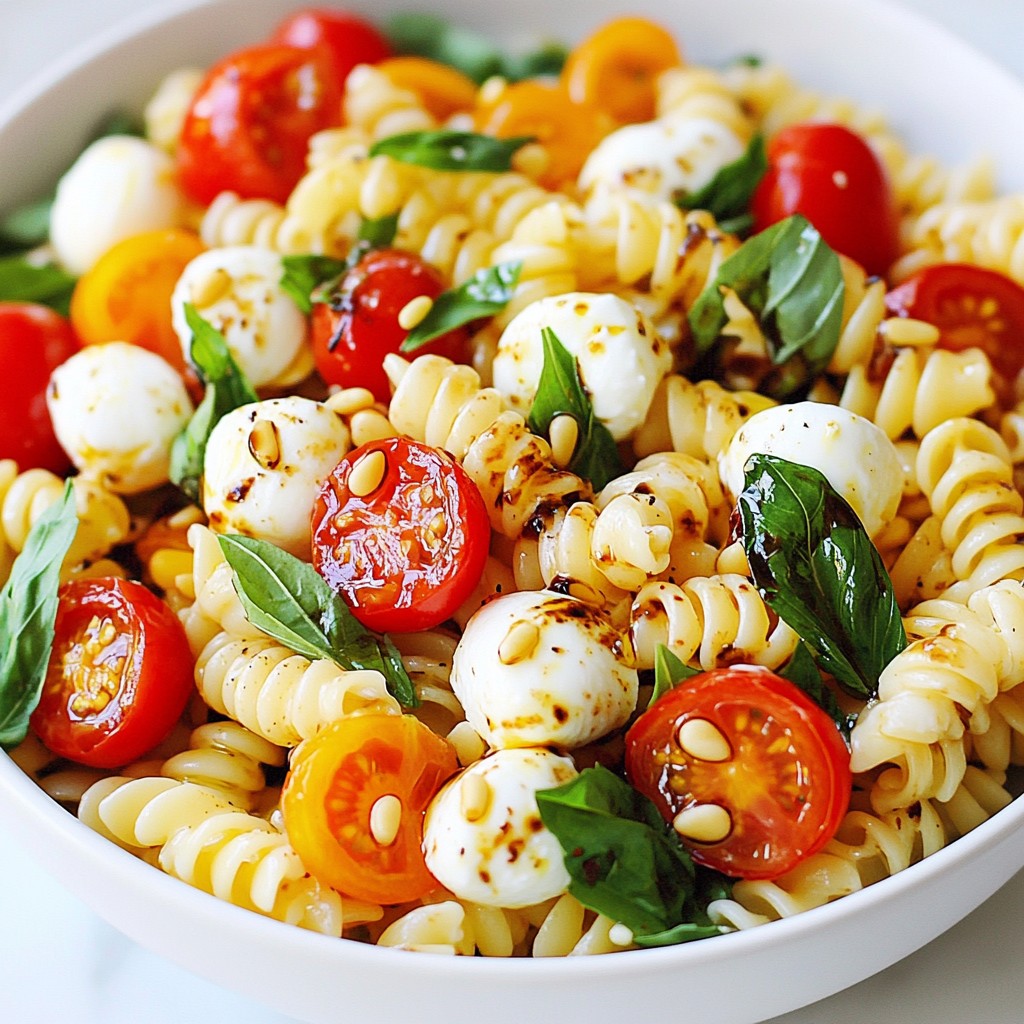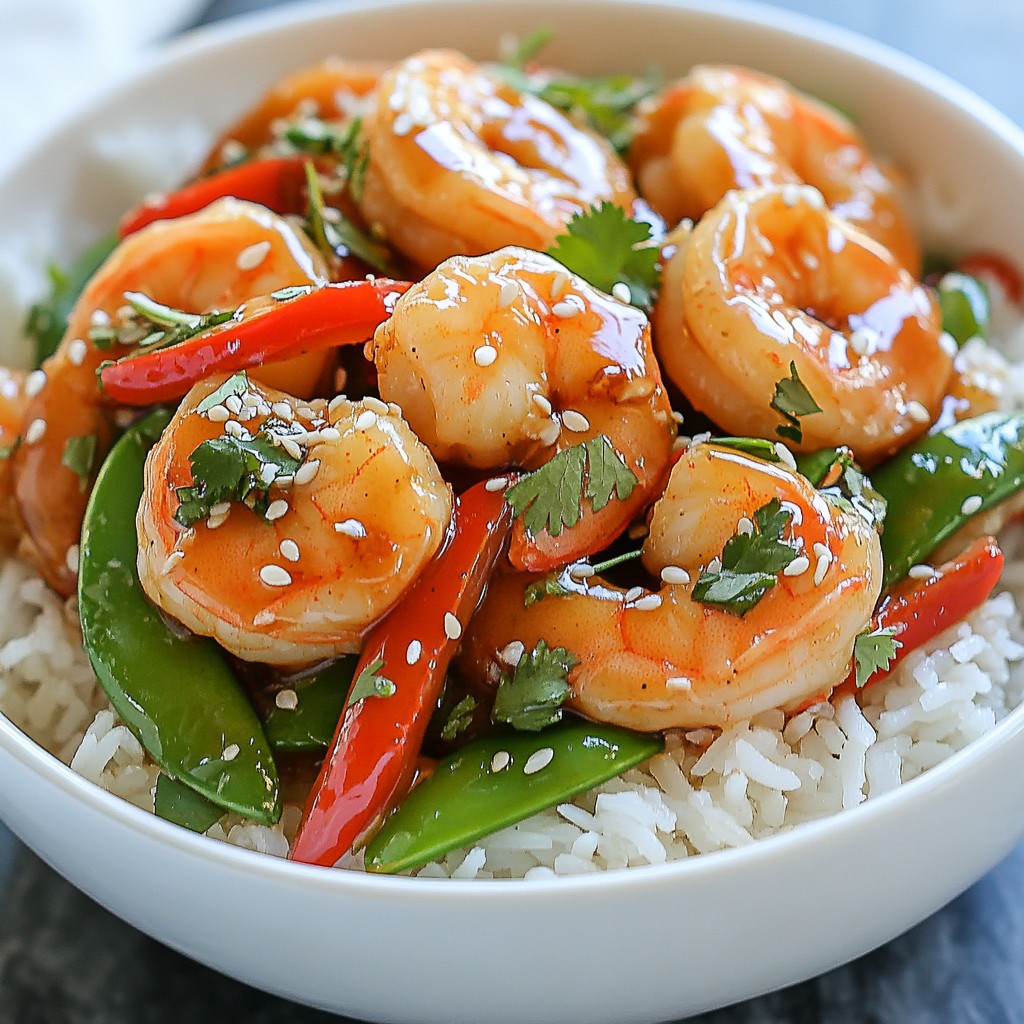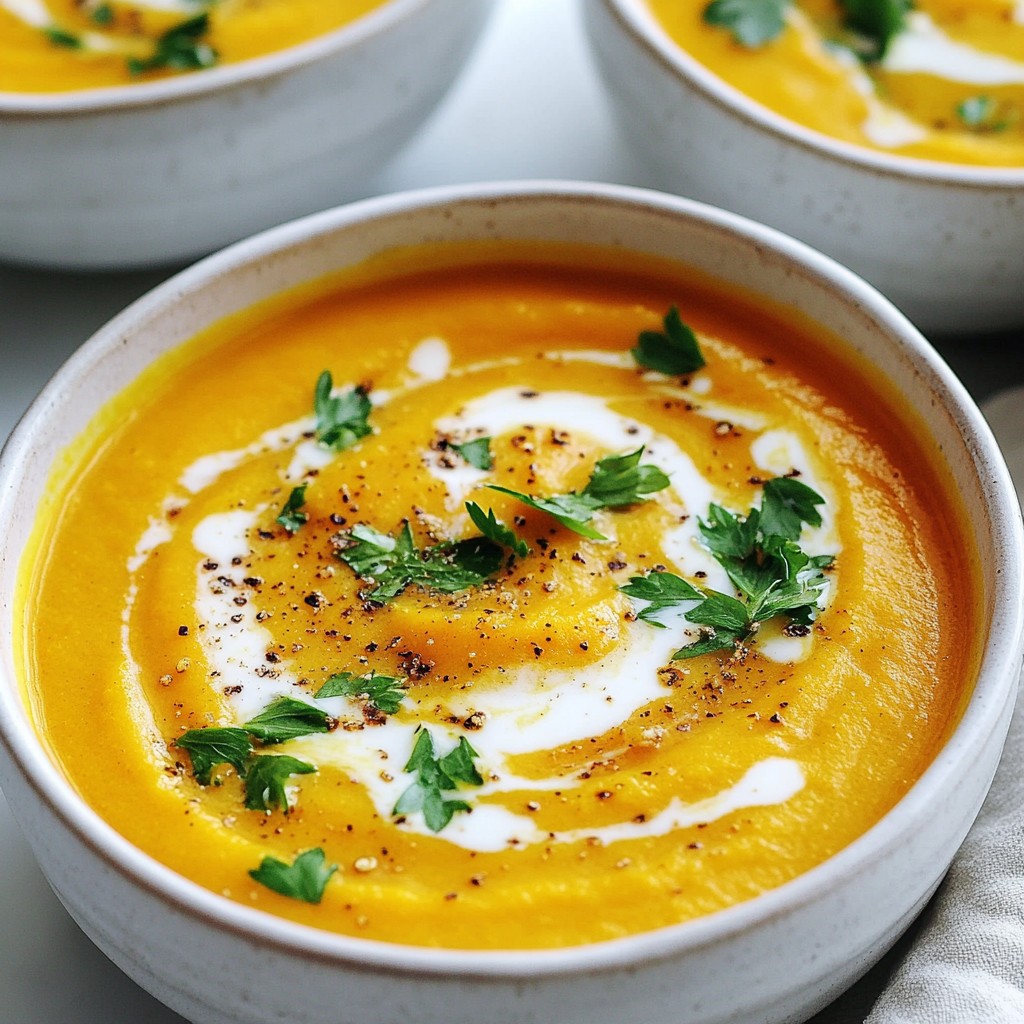Are you ready to dive into the delicious world of vegan cooking? My *Vegan Coconut Curry* recipe is not just flavorful, but also simple to make! With just a few easy ingredients, you can whip up a dish that warms your heart and satisfies your taste buds. Let’s explore the health benefits of each ingredient, step-by-step cooking instructions, and clever variations to make this recipe your own. Let’s get cooking!
Ingredients
List of Ingredients for Vegan Coconut Curry
To make a tasty vegan coconut curry, gather these ingredients:
– 1 can (400ml) coconut milk
– 1 tablespoon coconut oil
– 1 onion, diced
– 3 cloves garlic, minced
– 1-inch piece ginger, grated
– 1 red bell pepper, sliced
– 1 cup broccoli florets
– 1 carrot, sliced
– 1 cup snap peas
– 2 tablespoons red curry paste
– 1 tablespoon soy sauce (or tamari for gluten-free)
– 1 tablespoon maple syrup
– Juice of 1 lime
– Fresh coriander, for garnish
– Salt to taste
Benefits of Each Ingredient
Each ingredient in this curry adds flavor and health benefits:
– Coconut milk: It’s creamy and rich in healthy fats.
– Coconut oil: This oil boosts energy and can improve your skin.
– Onion: It adds sweetness and supports heart health.
– Garlic: This ingredient may help boost your immune system.
– Ginger: It can ease nausea and reduce inflammation.
– Red bell pepper: This adds vitamins A and C for better skin.
– Broccoli: It’s full of fiber and supports digestion.
– Carrot: This vegetable gives you beta-carotene for good vision.
– Snap peas: They add sweetness and are high in vitamin K.
– Red curry paste: This brings heat and depth to the dish.
– Soy sauce: It adds umami flavor and enhances taste.
– Maple syrup: This natural sweetener balances the spice.
– Lime juice: It adds brightness and helps digestion.
– Fresh coriander: This herb adds freshness and aroma.
– Salt: It enhances the flavors of all the ingredients.
Suggested Substitutions
You can easily swap ingredients to fit your taste or diet:
– Coconut milk: Use almond milk or oat milk for a lighter option.
– Coconut oil: Olive oil or avocado oil work well, too.
– Red bell pepper: Try yellow or green peppers for a different taste.
– Broccoli: Cauliflower or zucchini can also be used.
– Snap peas: Use green beans or asparagus instead.
– Red curry paste: If you want less spice, use mild curry paste.
– Soy sauce: Coconut aminos can replace it for a soy-free option.
– Maple syrup: Agave syrup or any sweetener can work here.
Feel free to mix and match to create a curry just right for you!
Step-by-Step Instructions
Detailed Cooking Process
To make vegan coconut curry, start with a large pot. Heat one tablespoon of coconut oil over medium heat. Add one diced onion. Cook it for about 3-4 minutes until it turns soft and clear. Next, add three minced garlic cloves and one grated inch of ginger. Stir for one minute until you smell their great aroma.
Now, it’s time for the vegetables! Add one sliced red bell pepper, one cup of broccoli florets, one sliced carrot, and one cup of snap peas. Sauté these veggies for about 5-7 minutes. You want them soft but still crunchy. Then, add two tablespoons of red curry paste. Stir well to coat all the veggies. Cook for another 2 minutes.
Pour in one can of coconut milk, one tablespoon of soy sauce, and one tablespoon of maple syrup. Mix everything to combine. Bring this mixture to a gentle simmer.
Timing Breakdown for Each Step
– Heating oil and cooking onion: 3-4 minutes
– Adding garlic and ginger: 1 minute
– Cooking vegetables: 5-7 minutes
– Adding curry paste: 2 minutes
– Combining coconut milk and simmering: 10-15 minutes
Tips for Ensuring Optimal Cooking Results
– Cut your veggies into similar sizes. This helps them cook evenly.
– Stir often to prevent sticking and burning.
– Taste as you cook! Adjust salt and lime juice to your liking.
– Don’t rush the simmering time. Let the flavors mix for a rich taste.Enjoy cooking!
Tips & Tricks
Enhancing the Flavor Profile
To boost the taste of your vegan coconut curry, use fresh herbs. Fresh coriander adds brightness. You can also add a splash of lime juice at the end. It brings a zesty kick. If you like heat, consider adding sliced fresh chili peppers. They will spice things up nicely.
Cooking Techniques for Best Texture
For perfect texture, cut your veggies evenly. This helps them cook at the same rate. Start with onions and garlic to build flavor. Sauté them until soft, then add your harder veggies first. This way, they get enough time to cook. When adding coconut milk, stir gently to keep it creamy.
Common Mistakes to Avoid
A common mistake is overcooking the vegetables. This makes them mushy. To avoid this, keep an eye on the cooking time. Also, don’t skip the lime juice. It’s key for balance. Lastly, taste your curry before serving. Adjust the salt and sweetness to your liking. These small changes make a big difference.
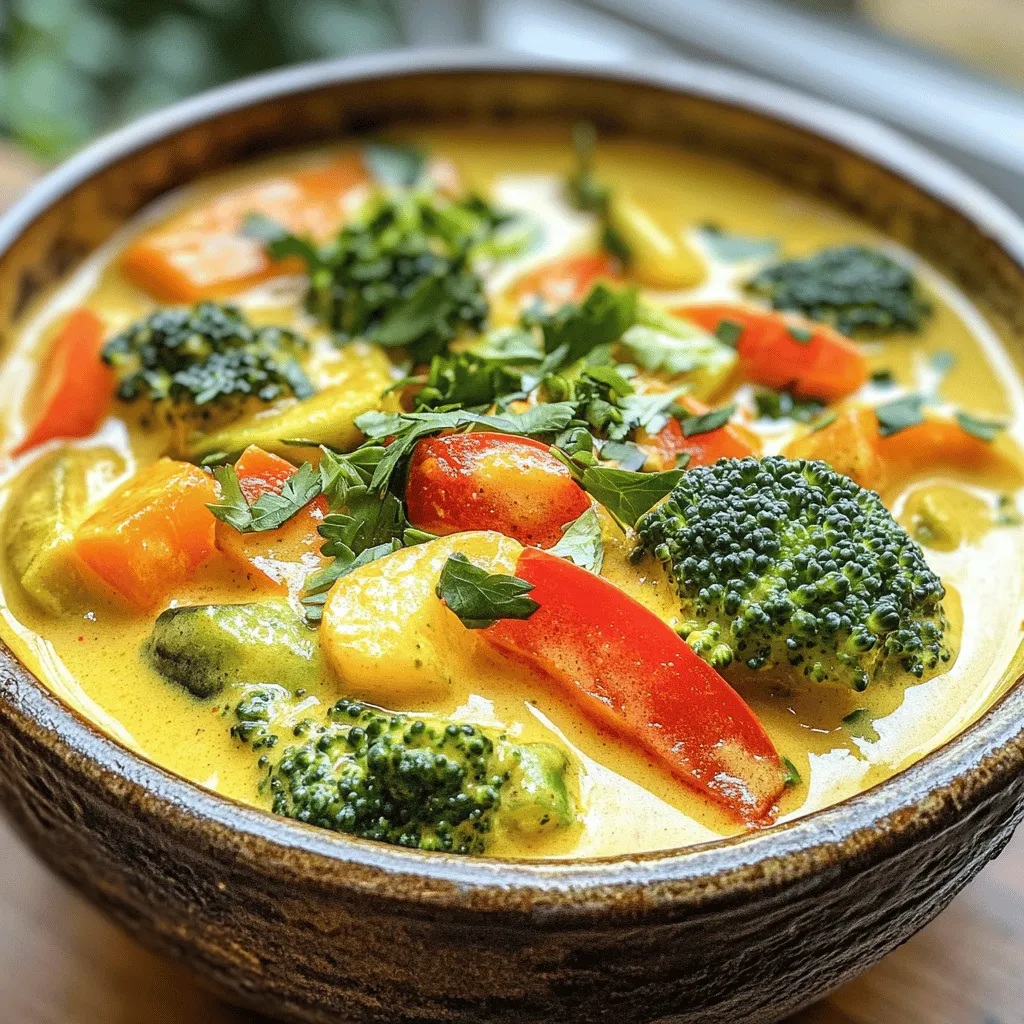
Variations
Gluten-Free Options
Vegan coconut curry is naturally gluten-free. To keep it gluten-free, use tamari instead of soy sauce. Tamari tastes similar but lacks gluten. Always check labels on curry paste too. Some brands add gluten, so reading is key.
Adding Protein Alternatives (Tofu, Tempeh)
Want to add protein? Tofu and tempeh are great choices. To use tofu, press it first and cut it into cubes. Sauté the tofu until golden before adding it to the curry. Tempeh adds a nutty taste. Slice it thin, then brown it in a pan before mixing it in. Both options make the dish heartier and more filling.
Different Vegetable Combinations
Feel free to mix and match veggies in your curry. Zucchini, spinach, or mushrooms work well. Each choice adds its own taste and texture. For a twist, try sweet potatoes. They add sweetness and creaminess. Just remember to cut them smaller so they cook evenly. Have fun experimenting with your favorites!
Storage Info
How to Store Leftovers
Store any leftover vegan coconut curry in an airtight container. Let it cool down first. Place it in the fridge for up to four days. Remember to keep it sealed tight to maintain its flavor. If you want to enjoy it later, freezing is a great option.
Freezing Guidelines
You can freeze vegan coconut curry for up to three months. Use a freezer-safe container or bag. Make sure to leave some space in the container for expansion. Label the container with the date. This way, you know when to use it by.
Reheating Suggestions
To reheat, you can use the stove or microwave. If using the stove, heat on low. Stir often to prevent sticking. If you use a microwave, heat in short bursts, stirring in between. Add a splash of water or coconut milk if it seems too thick. This keeps the curry creamy and delicious. Enjoy your meal!
FAQs
What is Vegan Coconut Curry?
Vegan coconut curry is a delicious dish made with coconut milk, spices, and fresh veggies. It has a creamy texture and rich flavor. The main base is coconut milk, which adds sweetness and depth. You can customize it with any veggies you like, making it a perfect meal for everyone.
How can I make this recipe spicier?
To add heat, you can use more red curry paste. Start with a small amount to taste. You can also add fresh chili peppers. Sliced jalapeños or Thai bird chilies work well. If you want more spice, try adding cayenne pepper or chili flakes. Adjust to your liking for the perfect kick.
Can I use other types of milk instead of coconut milk?
Yes, you can use other plant-based milks. Almond milk or soy milk are good options. However, they won’t give the same creamy texture as coconut milk. If you want a creamier texture, use cashew milk. Each milk will change the flavor, so choose one that you enjoy.
You learned the key ingredients for a tasty vegan coconut curry. Each ingredient adds health benefits and flavor. You now know the steps to cook it right and tips for great results. Variations let you customize the dish for your taste and needs. Storage tips help you keep leftovers fresh.
In the end, this dish is easy and fun to make. Enjoy the flavors and share with others!
